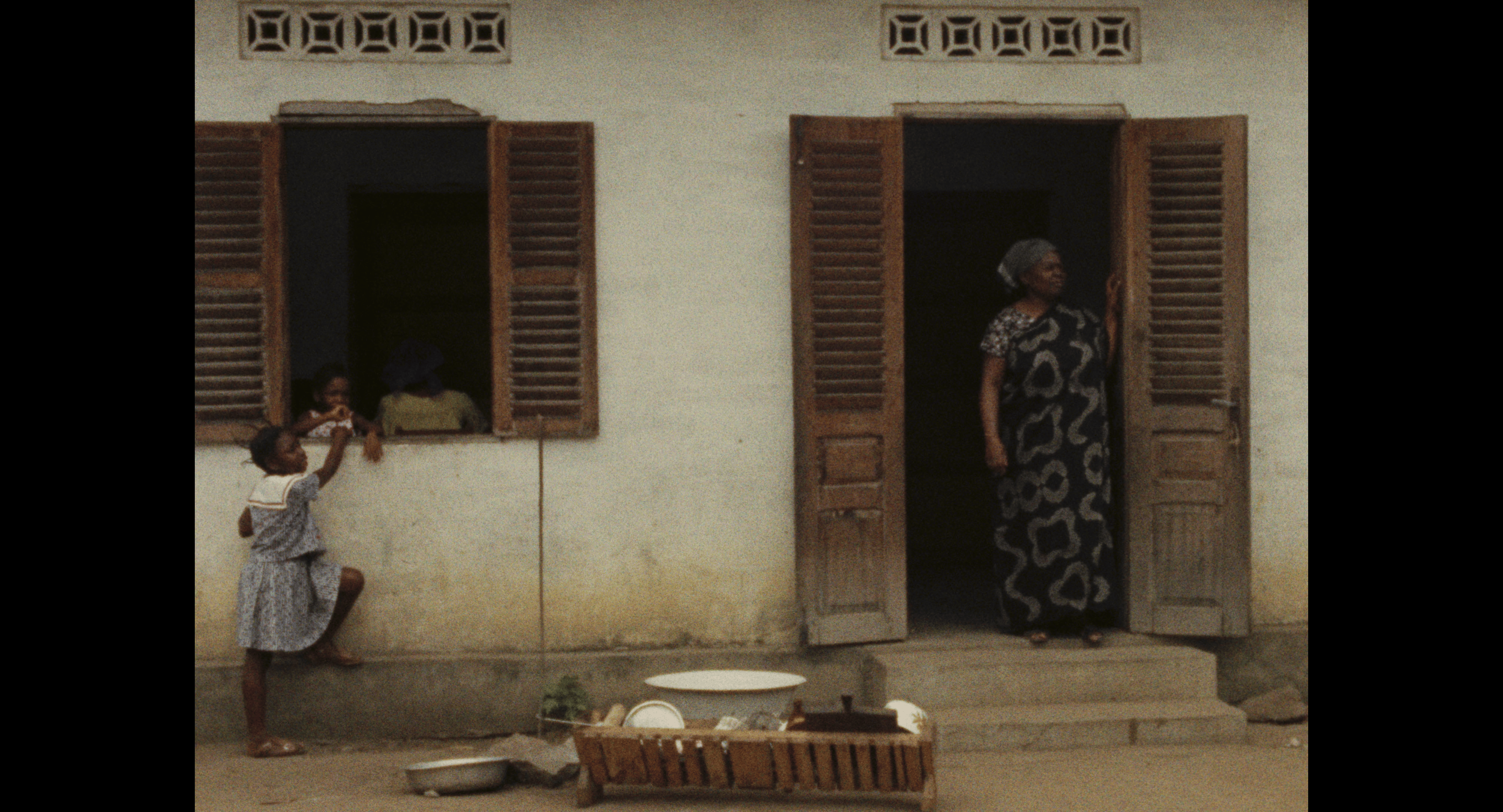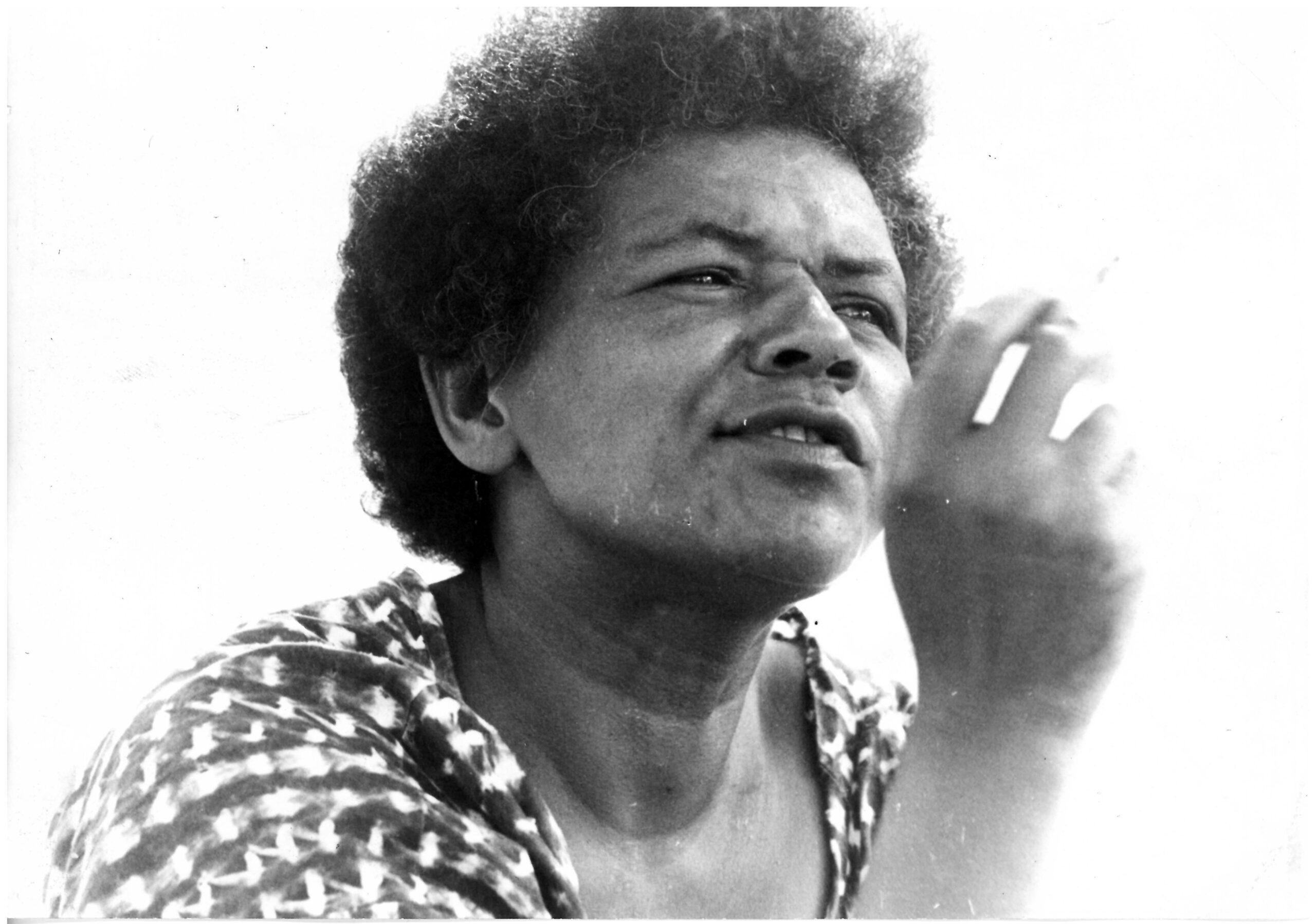
SAMBIZANGA
Angola, France| 1972 | 98 min | col. | o.v. Portuguese, Lingala, Kimbundu
Sambizanga is the beating heart of Sarah Maldoror’s filmmaking. Set in Angola in 1961, the film follows Maria, a young woman in search of her husband, who was arrested by the Portuguese for revolutionary activities. It is a journey through the injustices of colonial domination and the dignity of those who resist. Based on a short story by José Luandino Vieira and co-written with Mário Pinto de Andrade, the film blends realism and poetry, memory and militancy. Filmed with an almost documentary touch that never loses its lyricism, it is the first African feature film directed by a woman and a crucial work, which depicts the revolution through the eyes of a woman, without rhetoric but with ferocious grace. A necessary film which is still burning. (L.F.)


